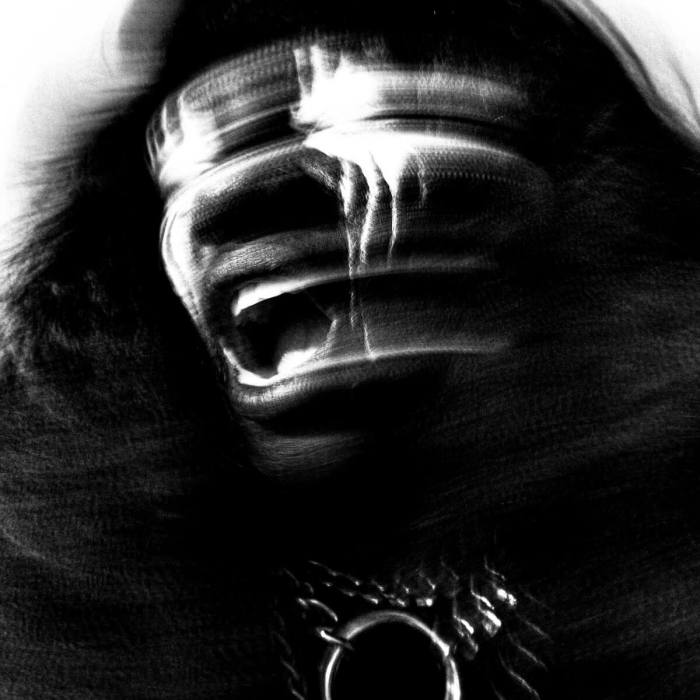How many rock bands get the chance to make 10 albums? If they reach that mark, how many still have a substantial audience at that point? REM’s “New Adventures in Hi-Fi,” newly available in an expanded 2-LP/1 Blu-Ray edition celebrating its 25th anniversary, captures the band at a turning point. After drummer Bill Berry was struck by a cerebral aneurysm onstage in 1995, he decided to quit REM, and this would be the last album he made with them. It was constructed from leftovers from their previous album, “Monster,” and songs written on tour.
In just its first two songs, it splits the difference between “Automatic for the People” and “Monster.” “How the West Was Won and Where It Got Us” is somber, dominated by a repeating piano riff and light on guitar, but glances towards Ennio Morricone’s spaghetti Western theme music. “The Wake-Up Bomb” follows it by revisiting the glam-influenced crunch of “Monster,” complete with tambourines and organ. The closer, “Electrolite,” reworks the melody of “Nightswimming” with a much more elaborate arrangement.
Warner Bros. gave the band an $8 million dollar advance after they had a major hit with “The One I Love,” released by the semi-independent IRS label. They would re-up with $80 million dollars, which at the time was the largest advance ever given to a musician, when REM’s original contract ran out. But “New Adventures in Hi-Fi,” while not exactly experimental, isn’t a safe bet either. It only hit “E-Bow the Letter,” peaking at #49. No wonder – the spacey song, featuring backing vocals from Stipe’s idol Patti Smith, sounds more like a deep cut than a typical single.
In two ways, “New Adventures in Hi-Fi” is a product of time. Like many ‘90s albums, it used the CD’s longer runtime to expand its space without the self-consciousness that came with double albums on vinyl. Just to pick a few, the Beatles’ white album, the Clash’s “London Calling,” and Liz Phair’s “Exile in Guyville” all call attention to their ambition. But the CD format allowed a band to simply make a 65-minute album. It was also released at the peak of the CD single. This became an issue because there were no worthwhile outtakes; REM recorded all the songs they had on hand and put them on “New Adventures in Hi-Fi.” But commercial considerations led to the release of four CD singles, each with three previously unreleased songs. Most are live tracks, but the band included their covers of Richard & Linda Thompson’s “Wall of Death,” Glenn Campbell’s “Wichita Lineman,” and the Troggs’ “Love Is All Around.” They even got British dance group 808 State to remix “King of Comedy.”
The bonus album, containing these B-sides, is a wash. The live versions of “New Adventures in Hi-Fi” barely sound different from the originals. The guitar and drum sounds suggest a compressed studio mix; even the demo version of “Be Mine,” billed as a recording by “Mike on bus,” is quite slick. The covers fare better. “Wall of Death” doesn’t live up to the passionate original, recorded as the singers’ marriage was breaking up, but they turn ‘Love Is All Around” into a lovely piece of jangly pop. The similarly dreamy, although more country-tinged, “Wichita Lineman,” also stands out, but it would have been worth digging in the vaults to find recordings of older songs from this tour instead of merely reprising the original CD singles.
Stipe’s mumbled vocals on REM’s first two albums could be heard as an aesthetic of the closet, or, more productively, a choice of poetic implications (even if the actual words were hard to decipher) over fixed meaning. (While he was openly queer when it was released, “King of Comedy” resists pinning down his sexual orientation with a label.) Stipe was generally a better lyricist at his most indirect. With no background information, “E-Bow the Letter” sounds like a stream-of-consciousness flow whose lyrics might’ve been improvised on the spot. But it does point towards something more precise. The lyrics were originally intended by Stipe to be sent as a letter to River Phoenix, written shortly before his death. The chafing against the constraints of stardom — “this fame thing, I don’t get it” — and allusions to drugs do add up to something. “King of Comedy” lifts its title from Martin Scorsese’s 1983 film about a showbiz wannabe, with more lyrics suggesting Stipe distancing himself from the arena staples REM had long since become. Of course, he benefited from the combination of fame and cultural capital that allowed him to befriend both Smith and Phoenix.
Without Berry, REM would go on to explore a more electronic direction on their next album, “Up.” The seven-minute “Leave” (also included in a shorter alternate version) hints at this, starting out with a loop of noise that runs underneath the entire song. But most of “New Adventures in Hi-Fi” reflects a band with nothing left to prove. Far from their most ambitious album, it suggests a band looking back on its strengths in a relaxed mood.
REM | “New Adventures in Hi-Fi, 25th Anniversary Edition” | Craft Recordings/Concord | Oct. 29th






























